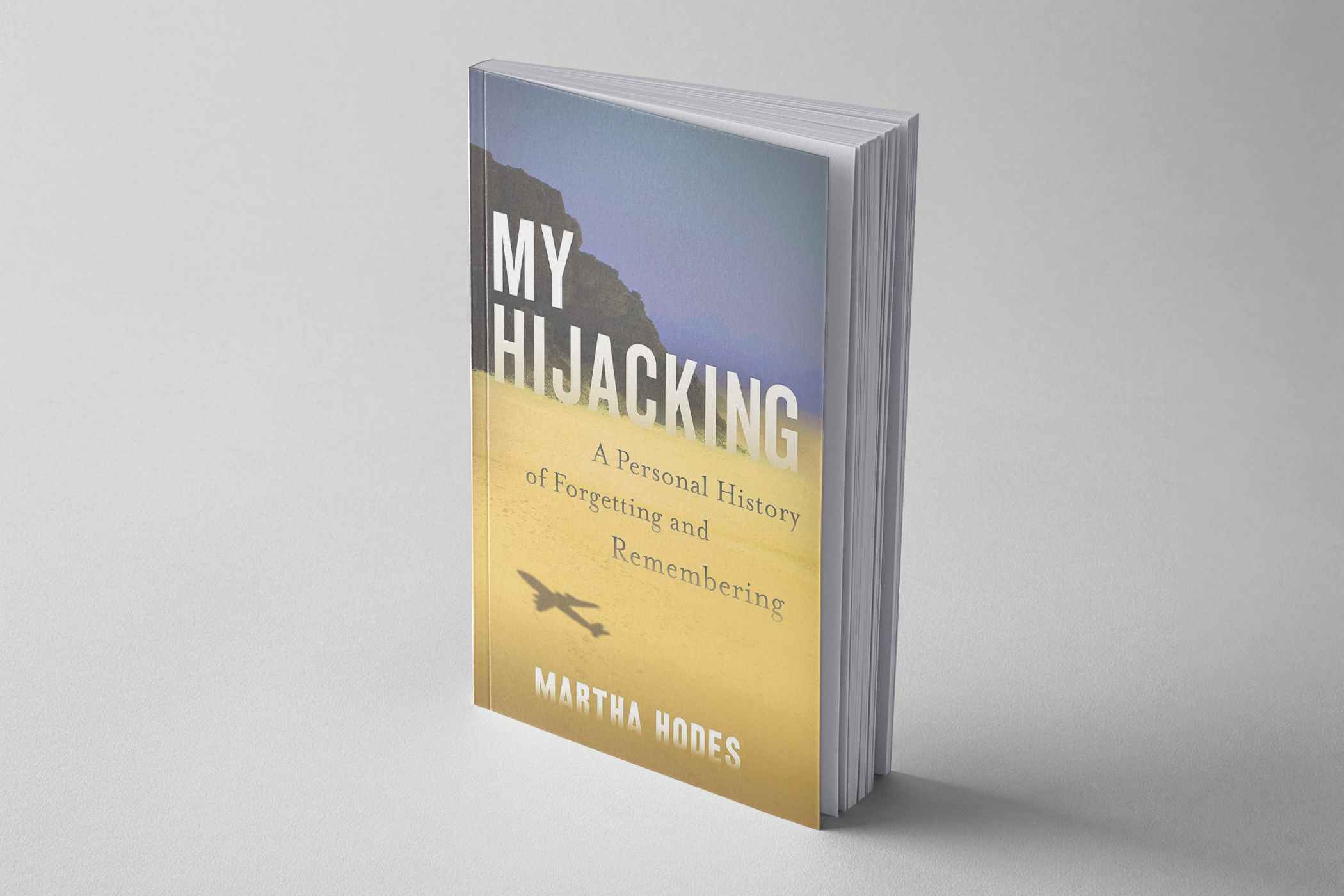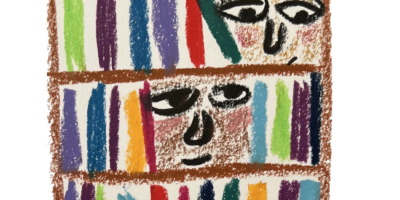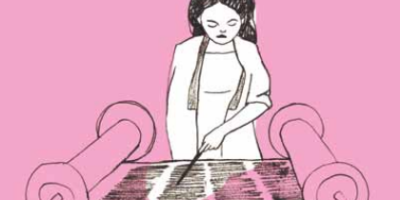
A Suppressed Memory of a 1970 Terror Attack
In early September 1970, members of the Popular Front for the Liberation of Palestine pulled off a carefully coordinated hijacking of three separate New York-bound planes and commandeered all to an airstrip in the Jordanian desert. Among the 310 hostages were 12-year-old Martha Hodes and her sister Catherine, 13, who were traveling unaccompanied from Tel Aviv. For six harrowing days and nights, the hostages were imprisoned on the increasingly filthy plane in scorching heat, surrounded by the Jordanian army, under the watch of gun-toting militants who had wired the plane with explo- sives. On the seventh day, all three planes were evacuated and blown up, within view of the hostages as they were being sped away in vans through the desert to Amman. There the sisters, along with most of the hostages, were told that they were free; though a handful continued to be held prisoner for two more weeks. Martha and Catherine were flown back to New York, and resumed their teenage lives. Neither they, nor their parents, who were divorced—their mother in Tel Aviv, where they visited her every summer, and her father in New York—ever talked about the hijacking.
And then, writes Hodes, in her recently published memoir My Hijacking: A Personal History of Forgetting and Remem bering (HarperCollins, 2023, $32), everything she experienced during the hijacking vanished from her memory. Only after 9/11, thirty years later, did she begin to remember a few details, such as the sight of the copilot emerging from the cockpit, a gun held to his neck by a commando. Finally, some fifty years after the event, Hodes, a professor of history, decided it was time to reconstruct the details of the hijacking. Using her skills as a historian, Hodes searched through archives and newspaper accounts, and tracked down fellow hostages whom she interviewed. The result is a painstakingly sourced and beautifully coherent narrative of the hijacking of twa Flight 741, its story lines deftly woven together by theme, rather than in a straightforward chronology. As a historical account, My Hijacking is impec- cable, but Hodes tells it in a flat voice, con- sidering the intensity of the subject matter she is writing about. I was left with the impression that Hodes, for all her inten- tions, could not fully confront the terror she’d suppressed all those years.
Instead, she deflects to a question that she poses at the beginning of the book—why had she suppressed the memory of her hijacking?—and discovers, to her surprise, that the reason originates with her parents’ divorce, and their ensuing custody arrangement. Spending summers in Tel Aviv with their mother and step- father, and the rest of the year with their father and stepmother in New York, on the surface made Hodes feel special, even exotic. But her journey to locate the fear that she was never able to access during and after the hijacking led her, instead, to an unexpected place: sadness over “what took my mother so far away from her children.” It was sadness that hijacked her memory, and Hodes memoir, it turns out, is as much about her parents as the hijacking. But it is also about something much bigger than her personal experience.
The 1970 hijackings were a watershed moment in the history of terrorism, occurring at a time of increasing desperation and radicalization among Palestinians in the wake of the Six Day War and Israel’s occupation of the West Bank in 1967. After the freeing of the last hostages, King Hussein expelled the Palestinian militants from Jordan, in a bloody campaign from then on known as “Black September.” As I write these words, the war wages in Gaza, and peace in the Middle East seems even less attainable than in 1970, making My Hijacking ironically and tragically timely in a way that nobody could have predicted.
Alice Sparberg Alexiou is a contributing editor of Lilith and the author of three books.






